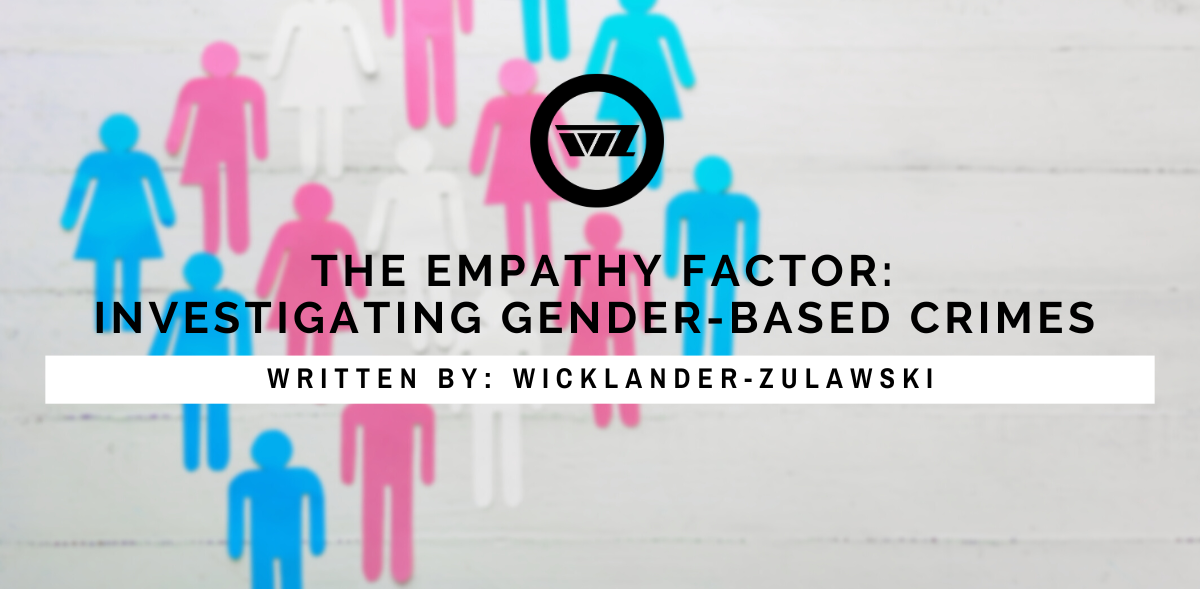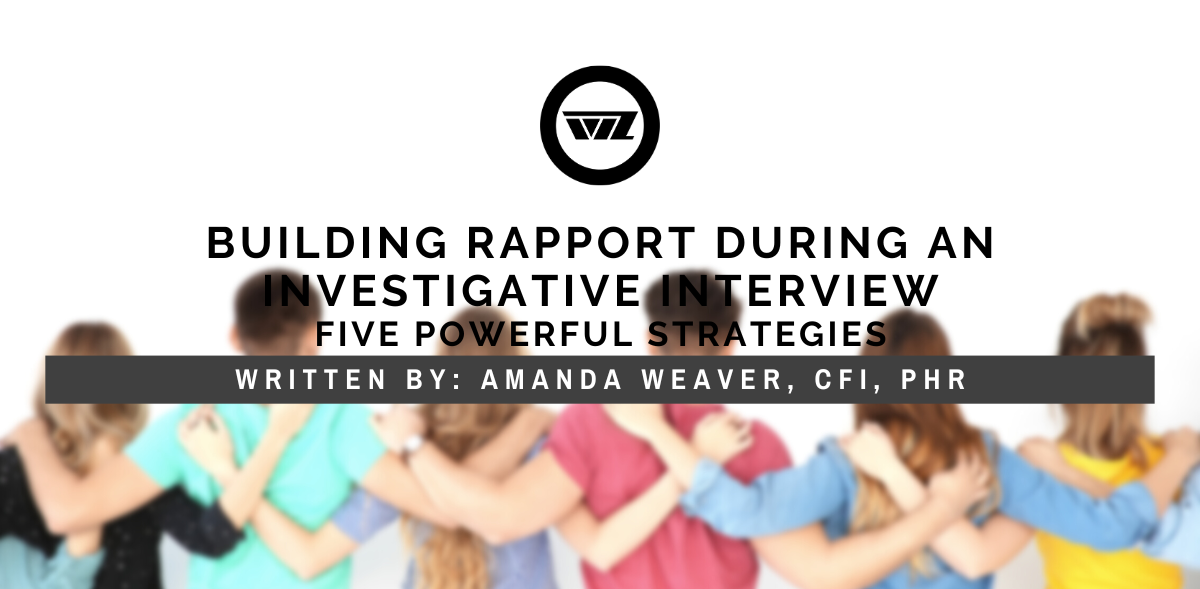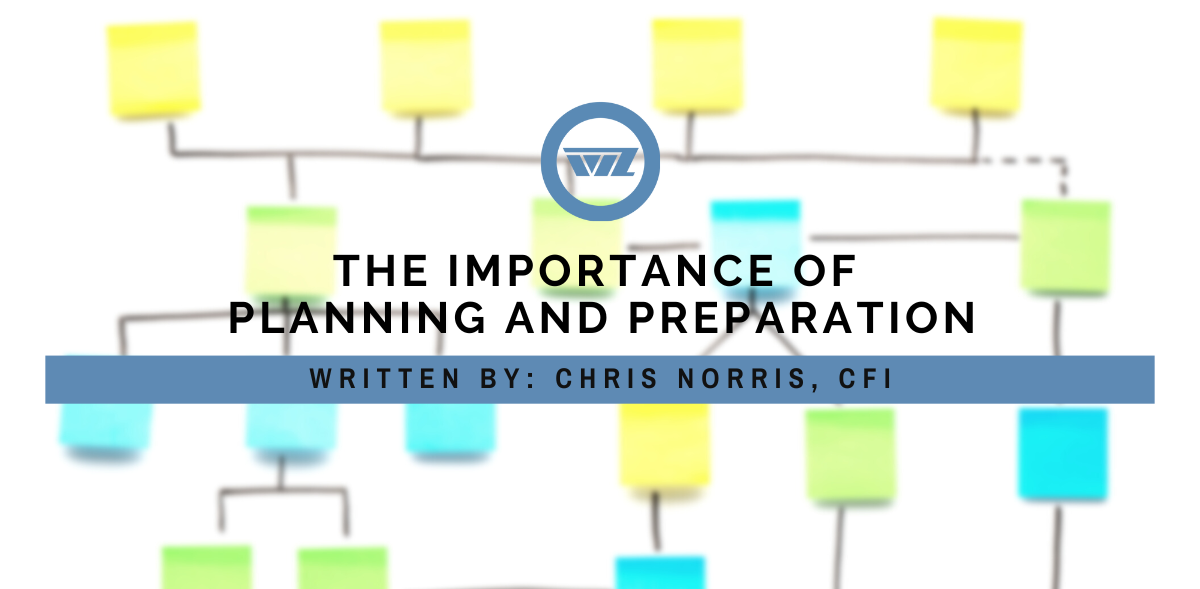What is only now gaining traction is the research into traumatic stress and incidents in the traditional workplace where most people spend their careers. Terrorist attacks, the #MeToo movement, and a spike in workplace violence focused attention on the issue of trauma in the workplace, but traumatic incidents that Human Resource and Loss Prevention/Asset Protection executives and professionals might need to address go beyond just those instances. Sexual harassment’s individual and organizational impact has been well documented, but there is also workplace bullying both in-person and online. Civil unrest has resulted in retail and restaurant workers finding themselves and their establishments targeted. Robberies and burglaries can violate an employee’s perception of a safe work environment. An employee who is caring for a terminally ill family member can experience trauma that will affect the workplace and require HR support. The ability to conduct quality interviews with individuals who may be experiencing psychological trauma is vital to investigating and addressing these issues.
The Cost of Trauma
There is a compelling business case to be made for conducting quality workplace investigations in a trauma-informed manner and building a supportive culture. Primarily, it is just the right thing to do. Most people enter a career looking for job satisfaction, career growth, and the ability to provide a comfortable life for themselves and their families. Traumatic stress was never a career goal. Human empathy should dictate that we treat people facing workplace trauma with respect and sensitivity, and make every effort to minimize re-traumatization with the investigative process.
But beyond altruistic reasons, there are financial and productivity concerns that management must consider. Absenteeism, presenteeism (increased number of hours to complete work), staff turnover, and managerial time are all increased. Beyond that, there are additional costs related to healthcare, outside agency investigations (public and private), legal fees, justice system costs, and deadweight (market inefficiency) losses[i]. Eventually, an employer can even develop a reputation for having a toxic workplace, which often drives up the labor costs to attract and maintain people willing to put up with that environment. From an interpersonal, economic, and risk management perspective, organizations should prioritize not only the fostering of a supportive work culture as a preventative step, but also building a culture that properly investigates and addresses traumatic situations that arise.
Traumatized individuals often have trouble discussing a traumatic event, accessing a coherent memory of that event, and calmly relaying a chronological narrative during an interview. Additionally, the employee experiencing trauma may not even realize its impact, causing them to question themselves. Absent major flashbacks, low-level Post-Traumatic Stress can often be misdiagnosed as generalized anxiety or depression. Regardless of if the worker recognizes their own traumatic stress or not, HR and/or corporate investigators must take that possibility into account and interview in a trauma-informed manner. This type of interview gives interviewers the ability to conduct a thorough investigation and avoid compounding possible trauma.
The first step is understanding what happens in the brain during a traumatic event.
The impact of trauma means that our traditional approach of “start at the beginning…” is not going to work. The brain’s function is altered when faced with traumatic situations, and proper question formation needs to reflect that alteration. Rational thought hardly ever overrides instinct and emotion during a traumatic incident, so asking someone to recount that incident in a chronological manner with specific details is just a bad approach. Secondly, with the knowledge of what happens in the traumatized brain, the format of the interview can be structured in such a way as to maximize the opportunity to gain information and minimize any further trauma. Investigators must acknowledge and support an interviewee’s experience and empower that person to tell their story.
To accomplish this goal, investigators must train themselves on how to interact with the traumatized individual because standard interpersonal communication will not work. Finally, HR professionals and LP/AP investigators need to be knowledgeable of the resources available to the employees they interview. No one can accurately predict what any workplace trauma situation may entail, but organizations can prepare resources to be available should such an event occur.
The impact of trauma on an individual is pervasive: it is physical, emotional, spiritual, and economic.
Often, trauma is perceived as life-threatening (or livelihood-threatening), even if there was no specifically definable threat involved in the situation. Trauma inhibits a person’s ability to “just calm down and think through” a situation. The personal impact of trauma can be devastating and can affect the greater organization as well. While there is no 100%-effective preventive measure for workplace trauma issues and outside traumas that affect workplace performance, building a corporate culture that can effectively investigate and address these issues, while at the same time supporting the affected individuals, will not only create a better work environment for all employees, but can also shield organizations from many of the liabilities associated with improperly handling difficult situations. Simply put, being good to traumatized employees is good business.
[i] Hussin J. Hejase, “The Economics of Sexual harassment,” Journal of Economics and Economic Education Research, 22:1, (2021), 1-3.
Bryan Barlow, CFI, joined the Chicago Police Department in 2002 and was promoted to Detective in 2008, where he conducted a wide variety of investigations around the city. Currently, Barlow serves as a training coordinator and instructor for the CPD’s Bureau of Detectives, where he has researched, written curriculum and delivered training to new officers, newly promoted detectives and in-service department members on investigatory topics such as Interviewing Victims and Witnesses, Interrogation of Suspects and Trauma-Informed Interviewing, with a focus on interviewing sexual assault victims. Barlow holds a B.A. degree from the University of Oklahoma and an M.B.A. from Loyola University Chicago, and is a veteran of the U.S. Army.



